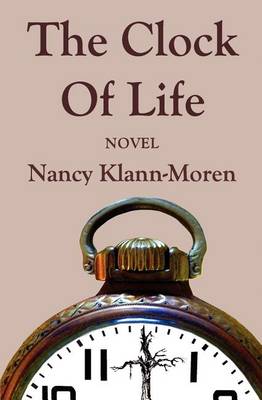
lovelybookshelf
Written on Jun 6, 2013
The author nailed the deep Mississippi dialect. She includes just enough slang and phonetic spellings to give readers the sound of the accent, without making a parody of the dialogue. (A minor hang-up I had, which is probably a debated topic anyhow: I did find myself wishing she'd used apostrophes in place of dropped G's. It only occurred in dialogue, but it slowed me down a bit.)
The Vietnam War is certainly a theme throughout the novel, but the 1965 Civil Rights March from Selma to Montgomery is what has an enormous impact on young Jason Lee. The actions of his father in Selma are especially relevant to the racism Jason Lee encounters years later in Hadlee. Jason Lee finds a great deal of strength from his father as he learns more about him.
Yet, refreshingly, the book offers a fair and balanced view of the South. Rather than demonize the South for racism that continues to linger, pause is given to the complexity of these attitudes (which, as readers will see, runs both ways).
Without giving anything away, the "senseless death" mentioned in the synopsis hit me hard. The weight of that grief brought me to tears, complete with that empty feeling you feel after a good cry. These are not shallow characters. These are people you get to know.
The Clock Of Life was a finalist in the 2013 Next Generation Indie Book Awards, and it’s been adopted by the English Department at Los Medanos College for inclusion in their 100 Freshman Composition class due to its topics and themes. To be honest, I'd love to see this novel included on reading lists at the high school level as well. The friendship that develops between Jason Lee and Samson is so natural, almost instinctive; it amplifies the novel's themes in a way that is certain to resonate with teens and adults alike.
I received a copy of this book from the author in exchange for an honest review. I did not receive any other compensation for this review.
